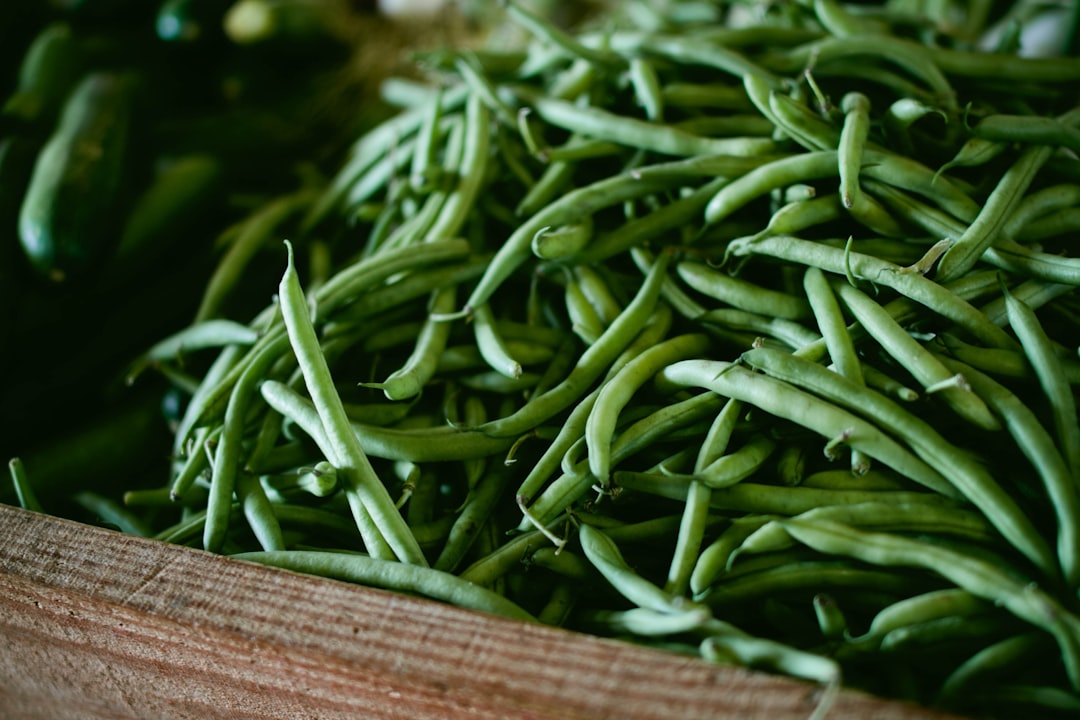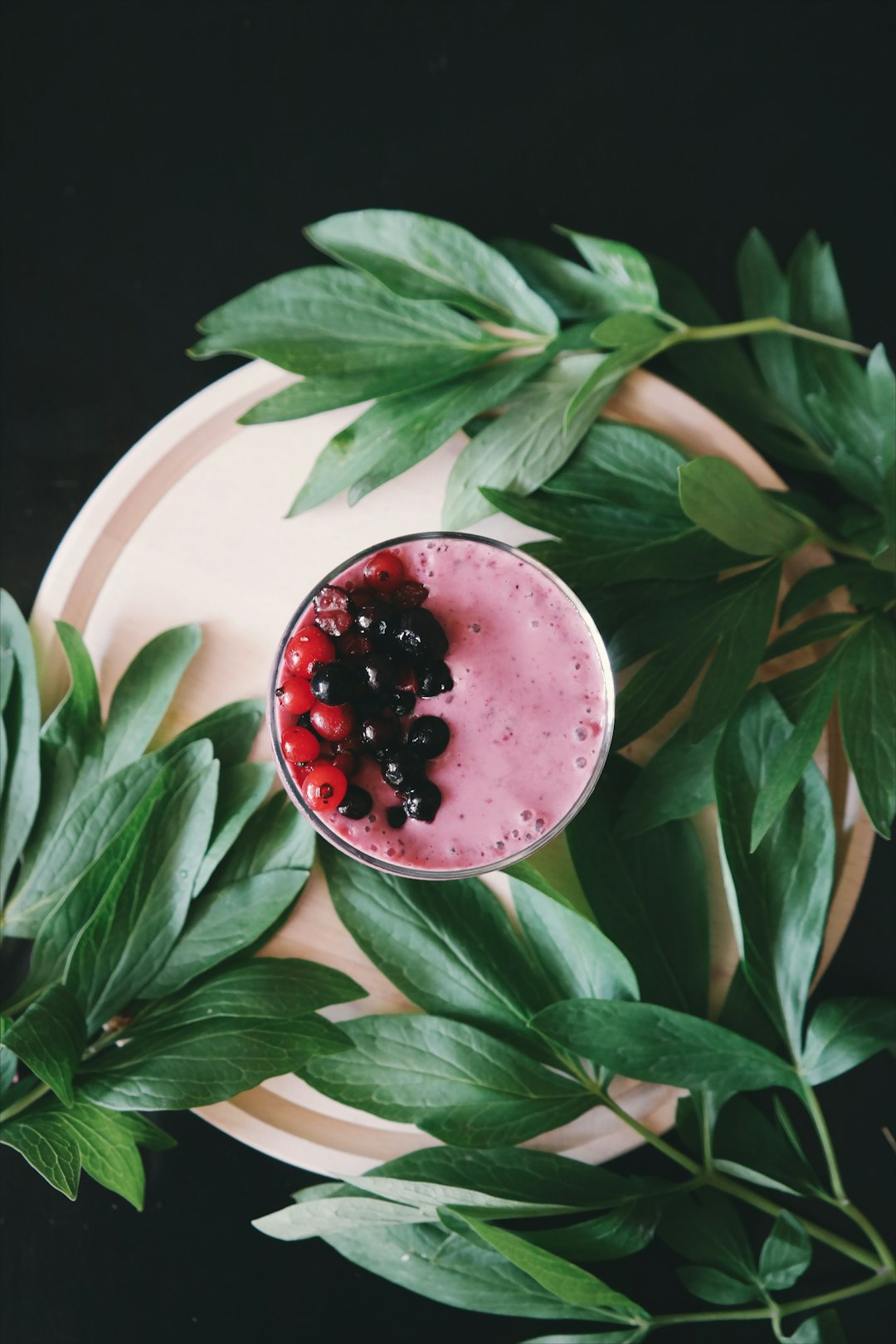Introduction
Healthy Foods for Pregnant Women, Pregnancy is an incredible journey filled with excitement and a bit of challenge. As moms-to-be are nurturing a new life, fueling the body with the right nutrients becomes essential for both the mother’s health and the baby’s development. Healthy Foods for Pregnant Women. Making smart food choices can significantly impact your overall pregnancy experience, as well as support your little one’s growth. In this blog, we’ll explore the top 10 healthy foods that should make an appearance on your pregnancy plate. So, let’s dive in and boost that nutrition!
Leafy Greens: A Nutrient Powerhouse
 Image courtesy: Unsplash
Image courtesy: Unsplash
When it comes to packing a nutritional punch, leafy greens are at the top of the list. These vibrant veggies are not only delicious but also loaded with essential vitamins and minerals that are incredibly important during pregnancy.
Benefits of Folate and Iron
Folate and iron are two superstar nutrients found in leafy greens, and both play a crucial role in supporting a healthy pregnancy. Folate, also known as vitamin B9, is vital for reducing the risk of neural tube defects in the developing baby. This nutrient helps in the formation and development of the fetal brain and spinal cord during the early stages of pregnancy. On the other hand, iron supports the production of hemoglobin, which is necessary for delivering oxygen to both you and your baby. Ensuring adequate iron intake can help prevent anemia, a common condition during pregnancy characterized by fatigue and weakness.
Best Leafy Greens for Pregnancy
Healthy Foods for Pregnant Women,To make the most of these benefits, aim to include a variety of leafy greens in your diet. Here are some top picks:
– Spinach: Rich in folate, iron, and calcium.
– Kale: Packed with vitamins A, C, and K.
– Swiss Chard: Contains magnesium and potassium.
– Romaine Lettuce: Offers a good dose of fiber and vitamin C.
Incorporating these greens into salads, smoothies, or sautéed side dishes can be a delicious way to meet your nutritional needs.
Dairy Products: Calcium and Vitamin D
Dairy products are vital for pregnant women, primarily because they provide calcium and vitamin D—two essential nutrients that aid in the healthy development of your baby’s bones and teeth.
Importance of Calcium for Bone Development
Calcium is a key component for building your baby’s bones, teeth, and even their tiny little heart, muscles, and nerves. Pregnant women are often advised to consume extra calcium to support the growing demands of their baby’s development. If the diet is lacking in calcium, the body may leach this mineral from the mother’s bones, which can weaken her own bone health.
Choosing the Right Dairy Options
Choosing the right dairy products is equally important. Options like yogurt, milk, and cheese provide a rich source of calcium, protein, and vitamin D. If you prefer, go for low-fat or fat-free options to maintain healthy weight gain during pregnancy. Additionally, Greek yogurt is an excellent choice as it’s higher in protein and also contains probiotics for gut health.
Alternatives for Lactose Intolerance
For those who are lactose intolerant or avoid dairy for other reasons, fret not! There are plenty of non-dairy alternatives that can help meet calcium and vitamin D needs:
– Almond milk: Fortified with calcium and vitamin D.
– Soy milk: A good source of protein, similar in nutrient profile to cow’s milk when fortified.
– Tofu: Offers a solid dose of calcium and can be used in a variety of recipes.
– Leafy greens and almonds: While primarily consumed for other nutrients, they also provide some calcium.
By mixing and matching these options, pregnant women can ensure they’re getting all the essential nutrients needed for both their health and the development of their little one.
Lean Proteins: Building Blocks for Growth
When you’re expecting, your body works overtime to support not only your health but also your baby’s development. Lean proteins are the unsung heroes in this process, providing the essential building blocks for growth. They’re like the Legos that turn into strong muscles, organs, and tissues. So, let’s break down how to secure your protein power!
Protein Sources for Vegetarians and Non-Vegetarians
Finding the right protein sources is all about variety and balance, regardless of whether you’re a meat-lover or a devoted vegetarian. For non-vegetarians, lean meats like chicken and turkey, as well as fish, offer quality protein with lower fat content. Vegetarians can dive into a vibrant world of protein-rich foods such as lentils, beans, quinoa, and tofu. Don’t forget dairy and eggs, which are fantastic protein sources for those who include them in their diet.
Benefits of Omega-3 Fatty Acids in Fish
Fish, particularly fatty fish like salmon and sardines, is a stellar choice during pregnancy because it’s loaded with omega-3 fatty acids. These healthy fats are the dream team for your baby’s brain and eye development. Omega-3s are a staple for cognitive function, and incorporating them can set the foundation for your child’s future learning and vision.
Recommendations for Safe Protein Intake
Safety first! When it comes to protein intake, ensure your meats and fish are fully cooked to avoid harmful bacteria. Avoid fish high in mercury like shark, swordfish, and tilefish. Aim to incorporate a variety of protein sources to keep meals exciting and nutritious, and always consult with your healthcare provider to tailor protein intake to your specific needs.
Whole Grains: Energy and Fiber
Pregnancy can feel like running a marathon, and just like any endurance event, you need energy to keep going strong. This is where whole grains come to the rescue! They are your body’s best friend, providing steady energy and packed with vital nutrients.
Types of Whole Grains for Expectant Mothers
Dive into the hearty, wholesome world of grains like oatmeal, brown rice, quinoa, and whole wheat bread. Each of these options is a powerhouse of nutrients, offering essential vitamins, iron, and magnesium. Switch things up by opting for barley in soups or bulgur in salads to keep meals interesting and full of texture.
Role of Fiber in Pregnancy
Fiber is the silent superstar when it comes to pregnancy nutrition. It not only helps in maintaining healthy digestion but also keeps pesky constipation at bay—something many expectant mothers deal with. A fiber-rich diet can also help manage weight gain and balance blood sugar levels, reducing the risk of gestational diabetes. It’s like giving your body a gentle nudge to keep everything on track, ensuring you feel your best throughout your pregnancy journey.
Incorporating these healthy foods into your diet while pregnant can help fuel both you and your growing baby, laying the foundation for healthy development.
Nuts and Seeds: Rich in Healthy Fats
When it comes to pregnancy, indulging in healthy fats from nuts and seeds can work wonders for both mom and baby. These tiny powerhouses are packed with nutrients that support brain development and enhance the immune system. Healthy fats are essential during pregnancy, providing long-lasting energy and aiding in the absorption of fat-soluble vitamins like A, D, E, and K.
Best Nuts and Seeds for Pregnant Women
Pregnant women will benefit greatly from including a variety of nuts and seeds in their diets. Almonds, for example, are rich in Vitamin E and calcium, which is fantastic for fetal bone development. Walnuts, on the other hand, are high in omega-3 fatty acids, essential for brain and eye development. Chia seeds and flaxseeds offer a healthy dose of fiber and omega-3s, making them a perfect addition to smoothies or yogurt. Pumpkin seeds provide a hefty amount of iron, which combats anemia—a common issue during pregnancy.
Balancing Healthy Fats in the Diet
While nuts and seeds are packed with goodness, it’s essential to balance these foods with other dietary elements. Aim for a variety of nuts and seeds to maximize nutrient intake. Keep an eye on portion sizes, as their high-fat content can also mean extra calories. Try sprinkling seeds onto salads, stirring nut butter into oatmeal, or munching on a handful of mixed nuts as a quick snack. Moderation is key, ensuring you get all the benefits without overdoing it.
Berries: Antioxidant-Rich Superfoods
Berries are a tasty way to sprinkle a little extra health into your pregnancy diet. These vibrant fruits, bursting with color, are loaded with antioxidants that protect your cells from damage and support overall health.
Benefits of Antioxidants During Pregnancy
Antioxidants play a crucial role during pregnancy by fighting off free radicals in the body—unstable molecules that can cause harm. They help reduce inflammation, bolster the immune system, and can even aid in the prevention of premature aging—a plus for expectant mothers! Moreover, antioxidants support fetal development, contributing to a healthy pregnancy.
Incorporating Berries into Daily Meals
Adding berries to your daily meals is not only simple but also delicious! Start your day with a berry-infused smoothie or sprinkle them over your cereal. Blueberries, strawberries, raspberries, and blackberries are perfect for a mid-morning snack. Consider adding them to a leafy green salad for a pop of color and flavor or whip them into a refreshing mixed berry parfait. For an easy dessert, try berries with a dollop of Greek yogurt and a drizzle of honey. Incorporating these jewel-toned fruits ensures you’re packing in maximum nutrition, all while indulging in nature’s sweets.
Eggs: Complete Nutritional Package
Eggs are truly a powerhouse of nutrition, making them an excellent choice for pregnant women. Packed with essential nutrients and minerals, they offer a comprehensive nutritional boost that supports both the mother and the growing baby.
Nutrients Found in Eggs
Eggs are an incredible source of high-quality protein, which is vital for the development of the fetus, especially in regard to growth and cell production. They also contain choline, a crucial nutrient for brain health and spinal cord development, which helps prevent neural tube defects. Eggs are rich in vitamins such as vitamin D, important for calcium absorption and bone health, and vitamin B12, which supports the formation of the baby’s neural system. Additionally, eggs provide vital minerals like selenium and zinc, which strengthen the immune system and encourage proper growth.
Safe Egg Consumption Practices
While eggs are nutritious, proper preparation is necessary to avoid any risks. To ensure you consume eggs safely during pregnancy, always cook them thoroughly until both the yolk and white are firm. This practice reduces the risk of salmonella, a bacteria that can cause foodborne illness. Hard-boiled eggs, scrambled eggs, and cooked omelets are all delicious and safe choices. If you enjoy eggs in other forms, like in salads or sandwiches, make sure they are pasteurized. It’s also wise to refrigerate eggs soon after purchase and check expiration dates before use.
Legumes: Protein-Packed and Iron-Rich
Legumes, such as lentils, beans, peas, and chickpeas, play a crucial role in a balanced pregnancy diet. They are an affordable and versatile source of plant-based protein and iron, both key nutrients needed for a healthy pregnancy.
Health Benefits of Including Legumes
Including legumes in your pregnancy diet can significantly boost your nutritional intake. They are not only rich in protein, necessary for muscle and tissue development, but they also contain high levels of fiber, which helps alleviate common pregnancy challenges like constipation. Legumes are packed with iron, essential for producing the red blood cells that transport oxygen to your baby. Many legumes also deliver folate, a B-vitamin pivotal for fetal development, and various antioxidants that support overall health.
Easy Ways to Add Legumes to Your Diet
Incorporating legumes into your meals can be both easy and delightful. Here are some simple ways to add them to your diet:
– Soups and Stews: Toss beans or lentils into soups and stews to make them more hearty and nutritious.
– Salads: Add cooked chickpeas or black beans to salads for an extra protein punch.
– Dips and Spreads: Whip up a creamy hummus using chickpeas, or try a savory bean dip to pair with veggies.
– Curries and Stir-fries: Use lentils or peas in curries or stir-fries, pairing them with your favorite vegetables and spices.
– Baked Goods: Experiment with using legume flours in baked goods for added fiber and nutrients.
By including eggs and legumes in your pregnancy diet, you’ll be supporting your baby’s development while keeping your own nutritional needs satisfied. These foods are not only nutritious but also versatile, ensuring you can enjoy a variety of delicious meals.
Avocados: Nutrient-Dense and Versatile
 Image courtesy: Unsplash
Image courtesy: Unsplash
Avocados are one of those foods that seem almost too good to be true. Bursting with nutrients and incredibly versatile in the kitchen, they can easily become a staple in your pregnancy diet. Whether you’re packing them into a salad or mashing them onto toast, these creamy green delights are a delicious way to boost essential nutrients during pregnancy.
Key Nutrients in Avocados
Avocados are packed with vital nutrients that are particularly beneficial during pregnancy. For starters, they are an excellent source of folate, which is crucial for fetal development and helps in preventing neural tube defects. Additionally, avocados provide healthy fats, particularly monounsaturated fats, which are important for the growing brain of your baby. They also contain potassium, which helps in maintaining fluid balance and reducing pregnancy cramps, and fiber, which aids in digestion and helps combat the common pregnancy woe of constipation.
Delicious Avocado Recipes for Pregnancy
Incorporating avocados into your pregnancy meals doesn’t have to be a daunting task. Here are a couple of simple yet delicious ideas to get started:
– Avocado Smoothie: Blend half an avocado with a cup of spinach, one banana, and a splash of almond milk for a refreshing, nutrient-rich smoothie.
– Avocado Toast: Mash avocado on whole grain toast and top it with sliced tomatoes, a sprinkle of flaxseeds, and a drizzle of olive oil for a quick and satisfying breakfast.
– Avocado Salad: Combine sliced avocados with cherry tomatoes, cucumbers, and a squeeze of lime juice for a vibrant and nutritious salad.
These easy recipes not only enhance your meals but also ensure you’re nurturing your body with important nutrients for a healthy pregnancy.
Conclusion
Incorporating these top 10 healthy foods into your pregnancy diet can significantly support both your own nutritional needs and your baby’s development. Remember, every pregnancy is unique, so always consult your healthcare provider when making dietary changes. Watching what you eat now can set the stage for your baby’s health and habits later in life. Eating a balanced diet isn’t just about you—it’s about nurturing a healthy future for your little one, too.

